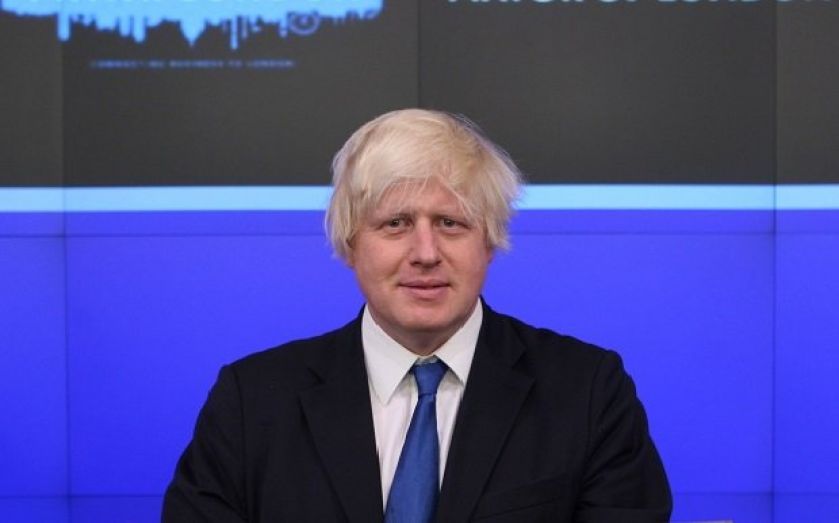Boris Johnson dismisses Uber as “excessively bumptious”

London Mayor Boris Johnson has criticised the attitude of San-Fransico based firm Uber as "excessively bumptious."
Johnson, speaking on LBC, added that he didn't like the way Uber were "moving into London and claiming they could take all this business away from black cabs."
The company's rapid growth and penchant for innovation have clearly not conformed to the Mayor's genteel tastes in business.
Johnson was answering a question in reference to a letter sent to him by Labour MP Margaret Hodge decrying Uber's tax status. The Mayor said he was concerned about the point that was raised but believed Uber had satisfactorily dealt with issues surrounding their tax status and reiterated that Transport for London lawyers had concluded there was no case for banning Uber.
In July, TfL announced that, as far as it was concerned, Uber is acting within the law by using an app to calculate fares based on the time and distance travelled.
When the questioner pressed the issue of Uber's alleged tax avoidance, Johnson replied: "If I may say respectfully to you Peter and to all the taxi drivers who rage against Uber, you have my sympathy but in the end there has been no more brilliant advocate of the services of Uber, no more powerful advertisers of that particular brand, than the black cab trade."
There is certainly evidence to suggest that June's protests against Uber, which brought large parts of London to a standstill, backfired. After the protests, Uber reported a colossal 850 per cent rise in the number of people who had downloaded the company's app, compared to a week earlier.
On Friday, Hodge wrote that Uber has “unfairly undercut London operators by opting out of the UK tax regime." Her claims were quickly challenged by the company itself, which insisted that it "complies with all applicable tax laws, and pays taxes in all jurisdictions, such as corporate income tax, payroll tax, sales and use tax, and VAT."
Observers have pointed out that there were number of problems with Hodge's analysis of corporation tax. The first being that the majority of cabbies in London don't pay corporation tax because they are self-employed drivers and not part of a corporation. Another being that under the rules of the European single market it is illegal to take into account the national origin of a company when considering whether to grant licences.